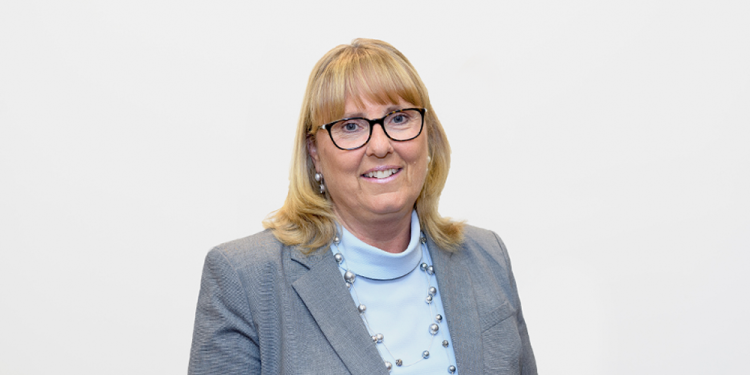
In the below piece published in the Womens Agenda on 10 May 2022, our CEO Sue Matthews calls on Australia’s politicians to commit to upholding abortion rights.
The news out of the US that the Supreme Court is on the cusp of voting to overturn abortion rights, according to an initial draft majority opinion, is beyond terrifying.
The impact would see the end to 49 years of a federal constitutional protection of abortion rights – allowing each US state to decide whether to restrict or ban abortion.
Looking at the alarming situation in the US highlights just why we must keep abortion and reproductive rights on the national policy agenda and public discourse here in Australia.
Abortion in Australia is legal. It has been fully decriminalised in all states and territories, starting with Western Australia in 1998 and lastly in South Australia in 2021.
It is estimated that one in three Australian women will have an abortion in their lifetimes and there are an estimated 88,000 abortions provided in Australia every year (although it’s hard to get accurate figures).
Ultimately, access to abortion is fundamental to women’s sexual and reproductive healthcare, a human right and an important public health issue.
As the primary provider of abortion services in Victoria, the Royal Women’s Hospital is a known and trusted service provider. The Women’s is a pro-choice organisation that provides access to abortion services to support women and pregnant people’s choice and ability to exercise their reproductive rights. We believe that every individual – regardless of age, gender identity, sexuality, ethnicity, religion, social class, and ability – should have access to reproductive healthcare. And we know that women and pregnant people want to make decisions about their own bodies. They want to exercise their reproductive rights, and they want access to safe and timely abortion services.
Thanks to strong political will and leadership, Victoria is Australia’s most progressive state when it comes to abortion rights. In Victoria, abortion is accessible and legal up to 24 weeks, and legal after 24 weeks with the approval of two doctors. It is illegal to protest within 150 metres of an abortion service in the state.
Victorian had its first sexual and reproductive health plan in 2017 and is about to get a significantly updated one. Since 2018, the government has funded eight new sexual and reproductive health hubs, including in regional areas. We also have the phone service, 1800 My Options, run by Women’s Health Victoria, that provides women and pregnant people with information about sexual health, contraception and termination services. And, for the past four years, the government has funded the Women’s to run a state-wide education program to train health professionals, such as GPs, to provide medical abortion and long acting contraception services.
But this doesn’t mean we have it all in the bag.
Even in our country, many girls, women and pregnant people still struggle to get accurate and timely abortion and contraception advice and healthcare.
There is unfortunately a vacuum in regards to discussion and policy on abortion and reproductive rights at a federal level in Australia. A word search on the Federal Government’s National Women’s Health Strategy 2020-2030 finds that ‘abortion’ is not mentioned once. Nor is the phrase ‘reproductive rights’.
To avoid the direction the US is heading towards, our federal politicians must speak up and commit to upholding abortion and reproductive rights. It should be front and centre of our national women’s health policy, and political parties should make their position clear about the legal right to access abortion.
The lack of discussion, despite progressive abortion laws in Australia, reinforces the disappointing fact that abortion still remains a stigmatised area of women’s reproductive health and we cannot take for granted our right to access it.
The Women’s would like to see a commitment at the Federal level to the development of a national abortion data collection framework to collect data and monitor trends in all states and territories – so that we can develop informed public policy and deliver accessible services. This is something we could support to establish – along with the development of national guidelines in best practice abortion care. Political will and leadership nationally on this issue, would reassure Australian women and pregnant people that we are not headed down the terrifying path of the US.